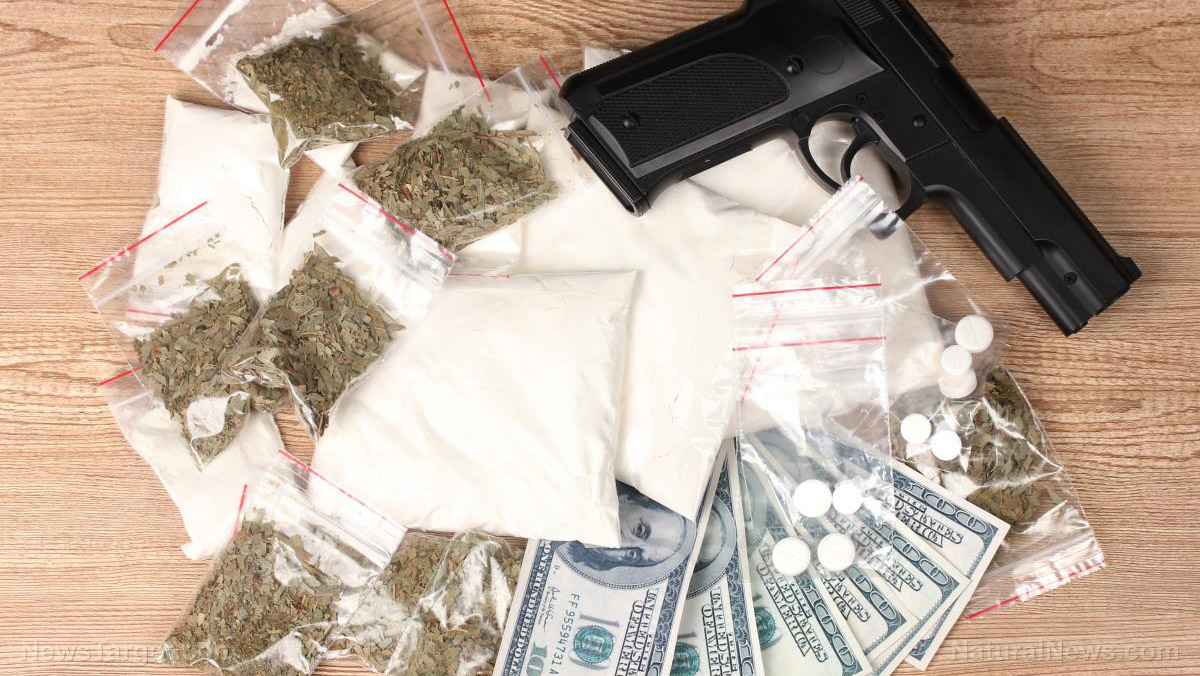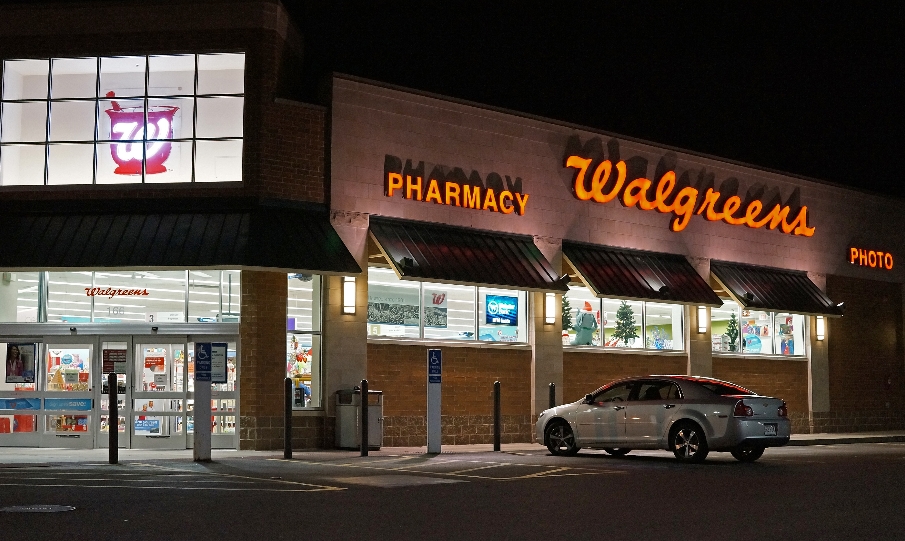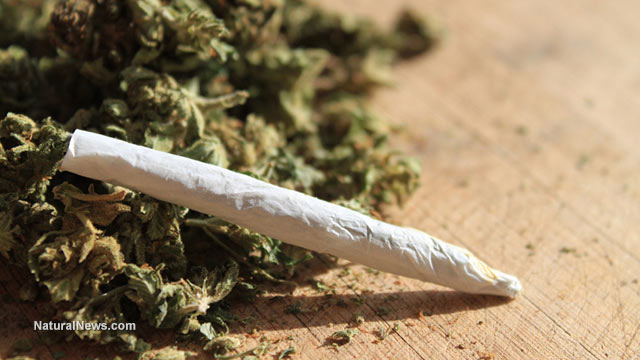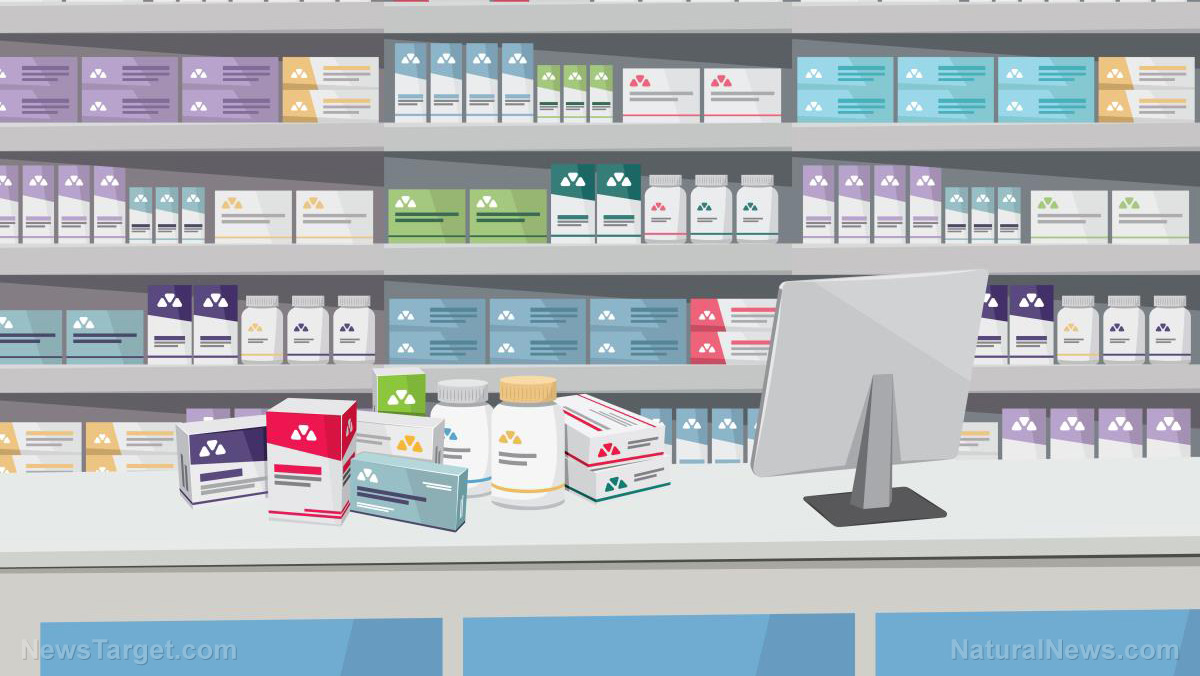Oregon measure decriminalizing all drugs heavily criticized by users on social media for including hard drugs like meth, heroin and cocaine
11/07/2020 / By Arsenio Toledo

Oregon has become the first state in America to decriminalize the personal possession of all drugs, including hard drugs like cocaine, methamphetamine, LSD, oxycodone and heroin. Oregon Ballot Measure 110, the proposal that decriminalized these drugs, passed with 58.8 percent of voters supporting it.
Under the new measure, which comes into effect on February 1, 2021, anybody in Oregon found to be in possession of hard drugs is still liable to go to trial and face possible jail time. That said, this will not be the only option given to them. Once the measure comes into effect, violators will be allowed to pay a $100 fine if they agree to go to an “addiction recovery center.”
The new addiction recovery centers will be funded with the revenues the state gets from taxing marijuana sales, as well as from the savings that come from decriminalizing hard drugs. Drug reform activists argue that the state can spend around $100 million less thanks to decriminalization.
Unfortunately for Oregon, the response to the decriminalization seems to be very divided, with many people voicing their concerns regarding the measure online.
“I’m so [expletive] that Oregon passed 110,” said one user on Twitter. “You really just decriminalized heroin. The drug that killed my cousin. He only shot up a ‘personal use’ amount and now he’s gone.”
“All drugs? Really?” asked another person. “So, you Oregon people are okay with people walking around with heroin and needles for the potential of some little kid to get stuck by one? Sorry, that’s just crazy to me.”
“Even as a defense attorney, I can’t get behind that one,” said yet another person, a lawyer, who disagreed with the decriminalization of LSD, heroin and cocaine.
Oregon’s decriminalization measure praised by drug reform activists
Despite the backlash Measure 110 received, activists are still celebrating it as a big win for drug reform.
“Today’s victory is a landmark declaration that the time has come to stop criminalizing people for drug use,” said Kassandra Frederique, executive director of the Drug Policy Alliance, which campaigned in support of the measure.
“Measure 110 is arguably the biggest blow to the war on drugs to date,” she added. (Related: America’s “War on Drugs” declared a total failure as flow of deadly drugs across the open border continues to worsen.)
The proposal was backed by the Oregon Nurses Association, the Oregon chapter of the American College of Physicians and the Oregon Academy of Family Physicians. On the political side, it was supported by the Oregon Democratic Party, while the Oregon Republican Party denounced the measure as being too radical. Some prosecutors in the state also said it was too reckless and could jeopardize Oregon’s fight against illegal drug use.
However, supporters of the measure argue that focusing on rehabilitation rather than punishment is a great way to lower drug use, especially in Oregon. One in 11 residents in the state is addicted to some kind of hard drug. Nearly two people die from overdoses every day. Thousands more are convicted of felonies or misdemeanors for possession of controlled substances.
“We urgently need a change to save families and save lives,” wrote the nurses and physicians associations supporting the measure.
Supporters of the bill point to how decriminalization and rehabilitation has proven to be a successful tactic for combating drug use in countries like Switzerland, the Netherlands and, most importantly, Portugal. Many are hoping the state can emulate the success Portugal has had.
“Oregon has been ravaged by the meth and heroin epidemics,” wrote one supportive user on Twitter. “It has a sizeable homeless population tied to the drug use. Portugal went through the same thing and decriminalization worked for them. I hope it does in Oregon too.”
Oregon voters also approved a measure that makes the state the first in the country to legalize the therapeutic use of psilocybin, a psychedelic mushroom, with a two-year development period. This measure was supported by war veterans suffering from post-traumatic stress disorder, patients who are terminally ill and people with anxiety.
Drug decriminalization and legalization measures pass in several other states
Oregon isn’t the only state pushing for drug decriminalization and legalization. At least four other states have approved ballot measures that legalize marijuana use.
In Montana, voters approved of a constitutional amendment that established 21 as the legal age residents can consume, possess and purchase marijuana. In Arizona and New Jersey, voters legalized recreational marijuana use, and in South Dakota, the sale and consumption of the drug were legalized for recreational and medical purposes. South Dakota is the first state to approve measures for both medical and recreational marijuana at the same time.
Meanwhile, in Mississippi, the use of medical marijuana was also legalized. In Washington D.C., a measure passed decriminalizing the use of psychedelic plants.
Learn more about efforts to decriminalize or legalize the use of certain drugs like marijuana in the United States by reading the latest articles at Addiction.news.
Sources include:
Submit a correction >>
Tagged Under:
addiction, addiction recovery centers, cocaine, decriminalization, drug decriminalization, hard drugs, Heroin, lsd, marijuana, marijuana legalization, Measure 110, methamphetamines, Oregon, oxycodone, psilocybin mushrooms, psychedelic mushrooms, rehabilitation, substance abuse, War on Drugs
This article may contain statements that reflect the opinion of the author
RECENT NEWS & ARTICLES
COPYRIGHT © 2017 ADDICTION NEWS




















